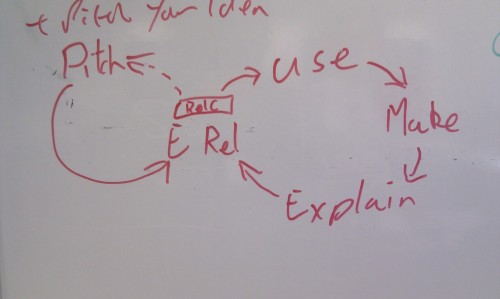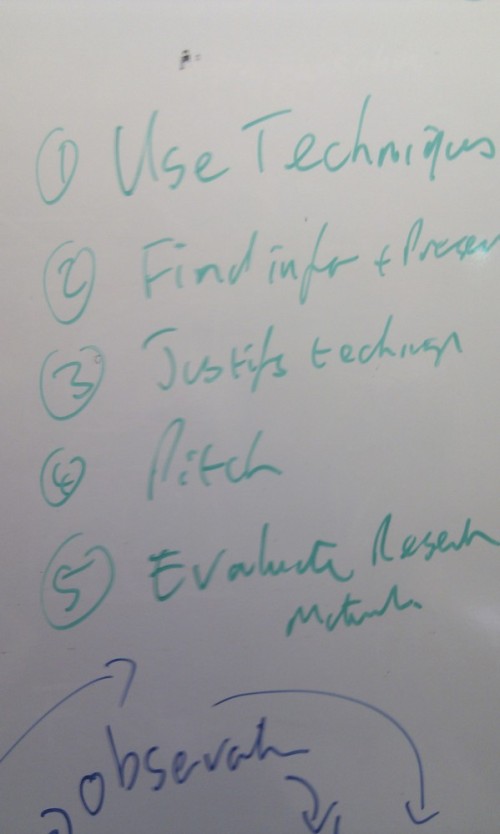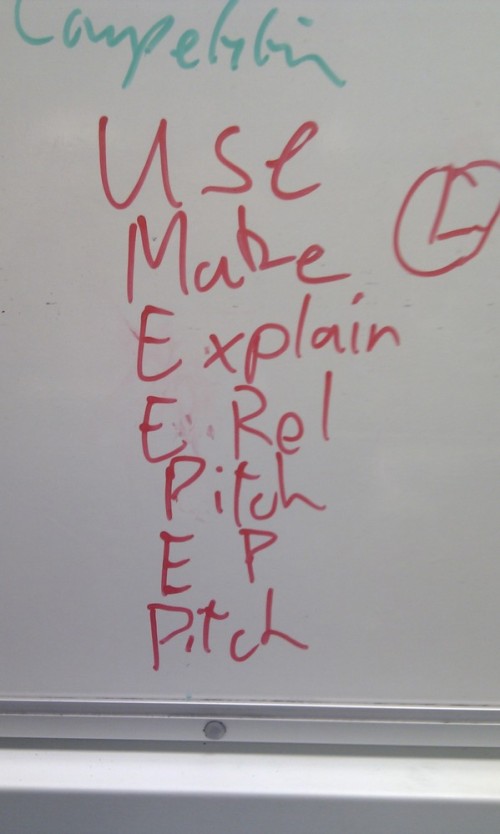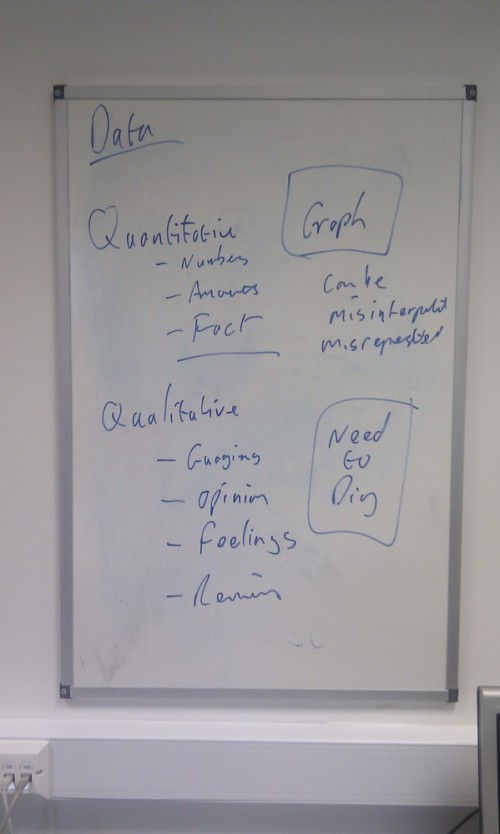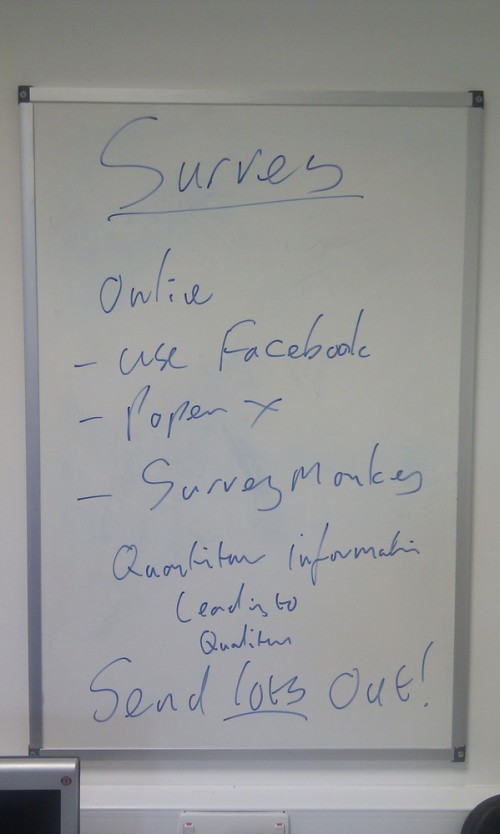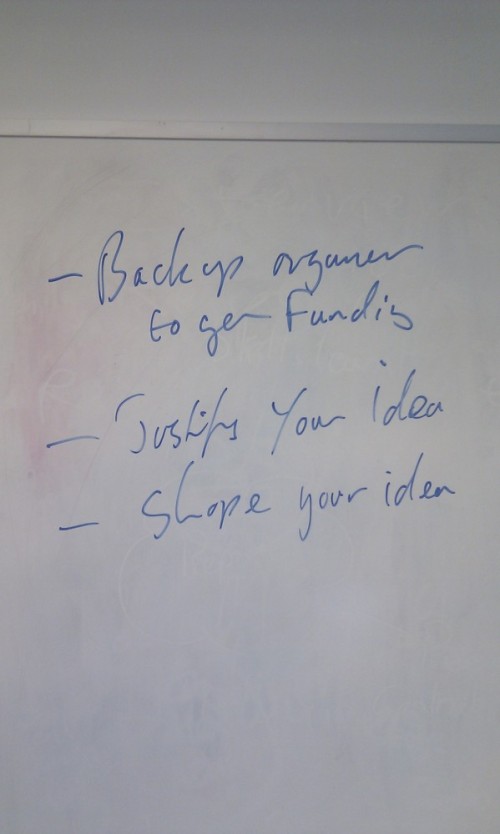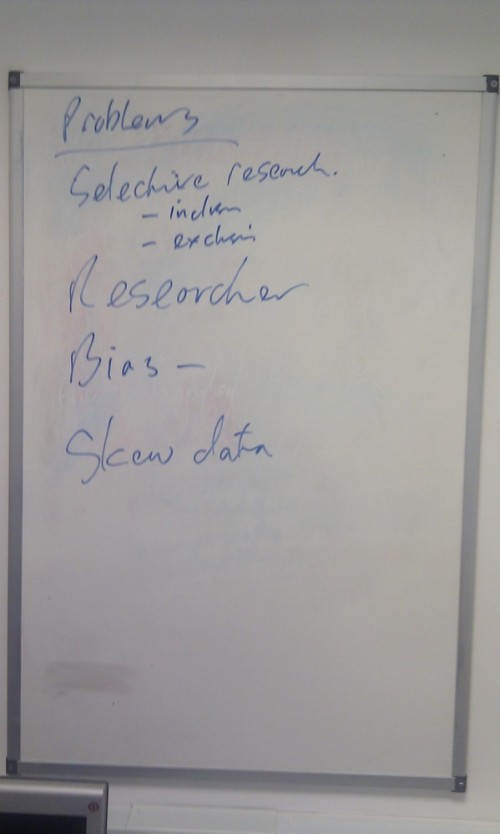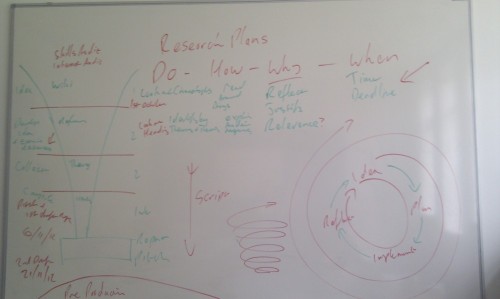Now is the time to Simplify!
You should have cast your research net wide and gathered a range of (hopefully) useful information. Most of this will have been pertinent to your original idea, some of it wont, and some will have been relevant in ways you didn’t foresee. Whichever, you should have a better idea of the area you need to research, the area you want to make a product about, the area that is viable for your production.
All of this research should be pointing towards a final product – but doesn’t yet need to be massively specific. This comes later. What it should do now is enable you to focus your research time on the crux of the matter. Select an area of the subject to focus on, and start to drill deeper. Look at the conflicting arguments, different approaches, Pros & Cons – all depending on your approach.
EG –
- You are doing a documentary on a subject, How can you keep it more manageable? How can you simplify it so that you are doing something both relevant and interesting?
- You are writing / developing a Fiction Script – What info do you have about the theme? What is the subtext? What style is the film going to be? What actors do you have access too? What locations?
- You want to play with techniques (Effects, sound, camera etc) – select the techniques you want to use, test them, abandon some, develop others and end up with a toolkit of techniques you now need to link together in an idea.
So, write a proposal. Get your idea simplified. What is your idea in the most basic form?
Sum it up in a sentence. Then explain the sentence. Then explain the viability of the idea, followed by how it is shaped for a specific audience. By this stage, you should have your idea described.
If you cant sum it up in a sentence, its too complex. If you cant explain it on one sheet of A4, It’s too much.

